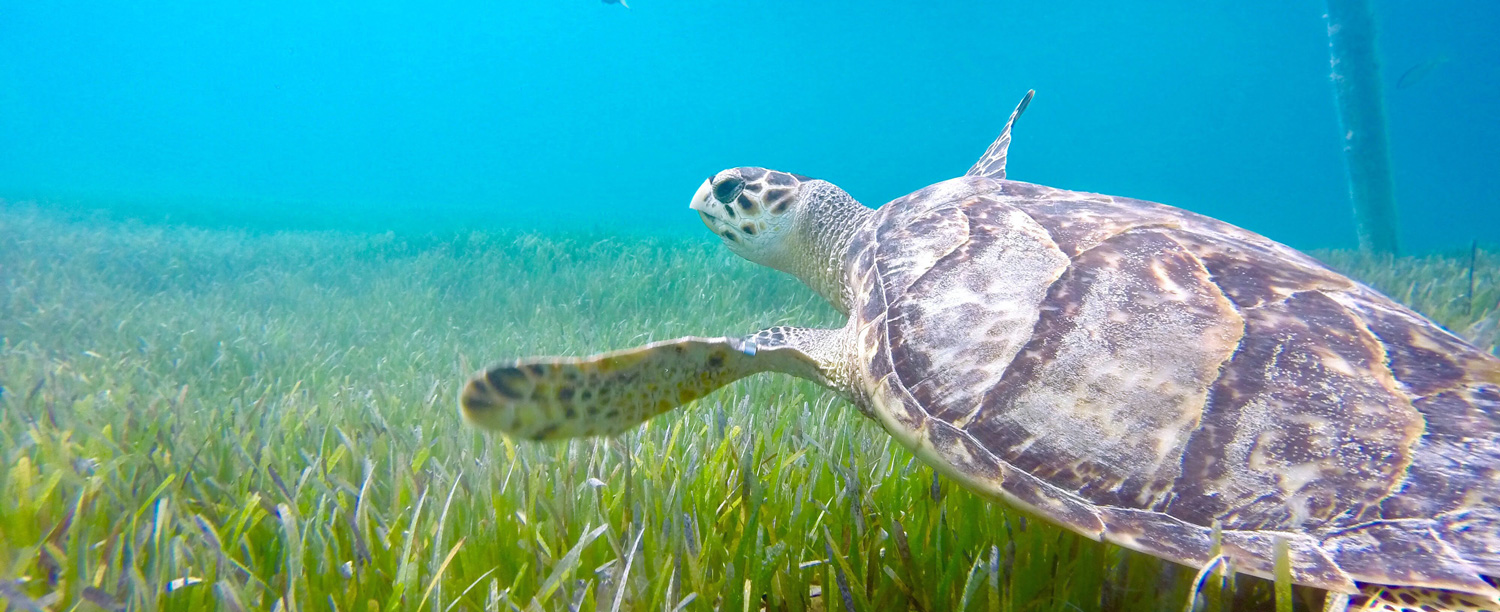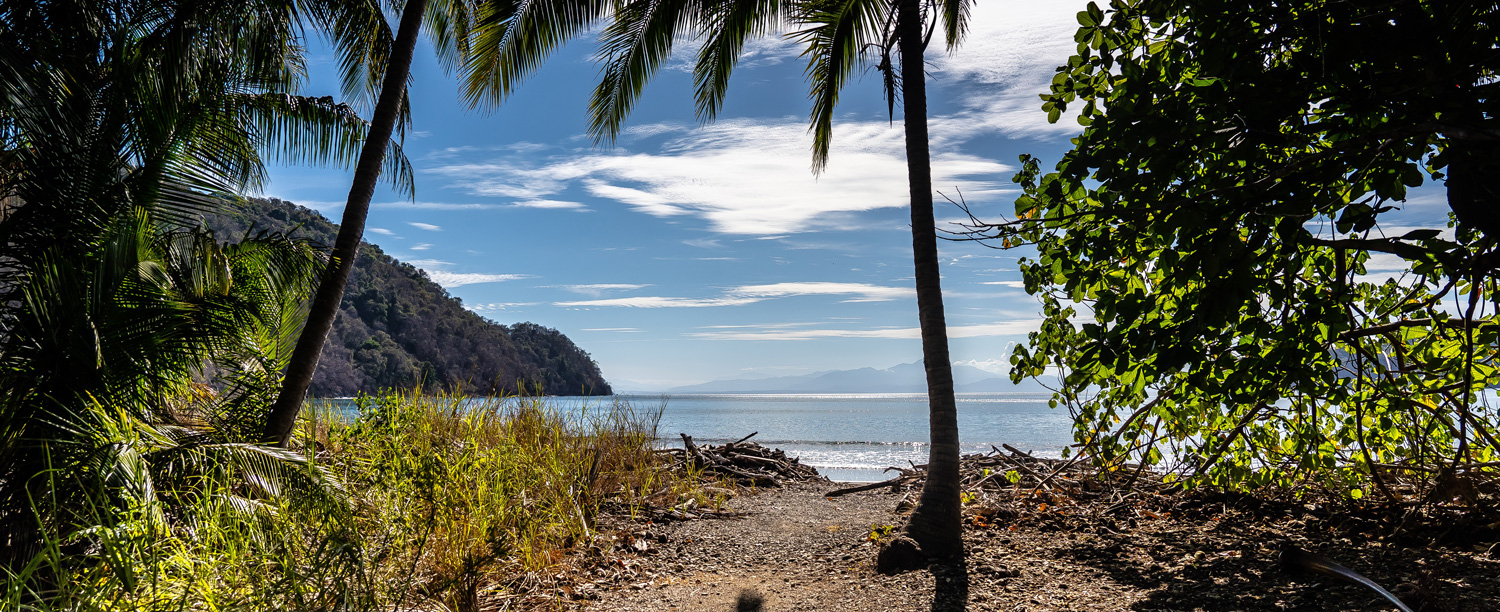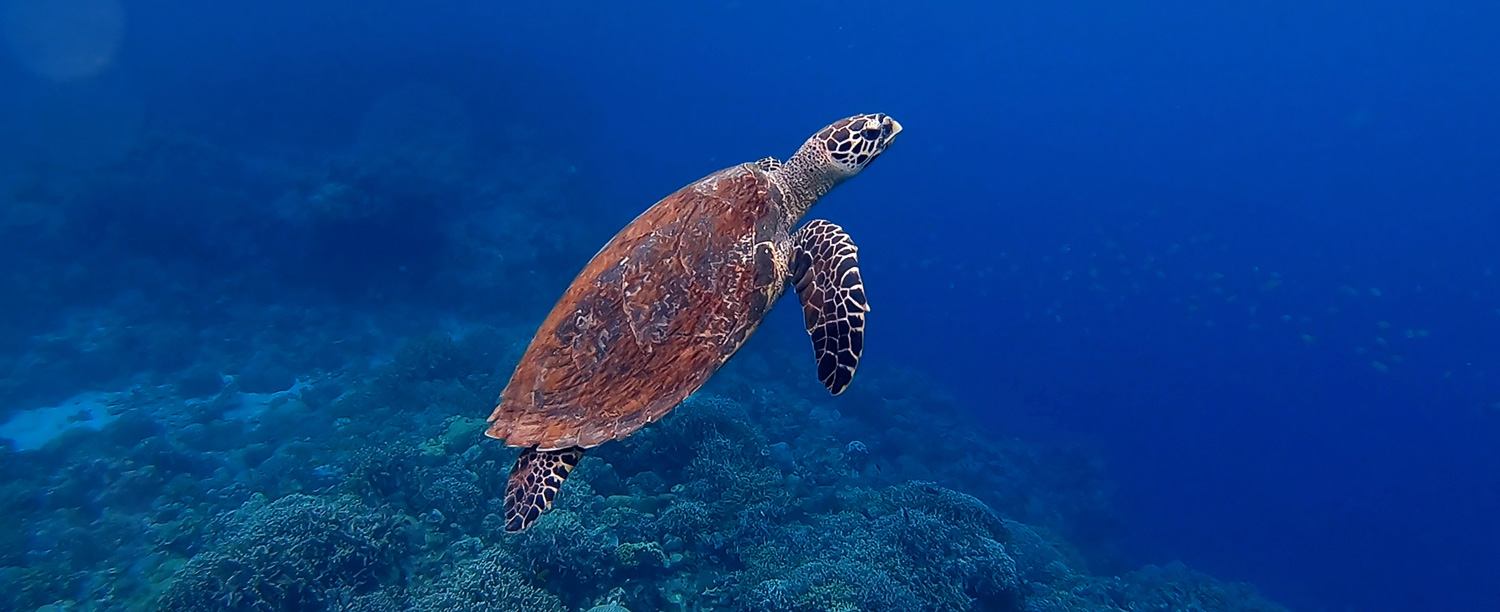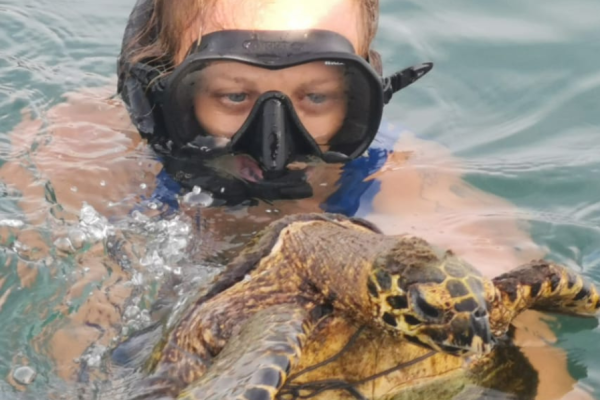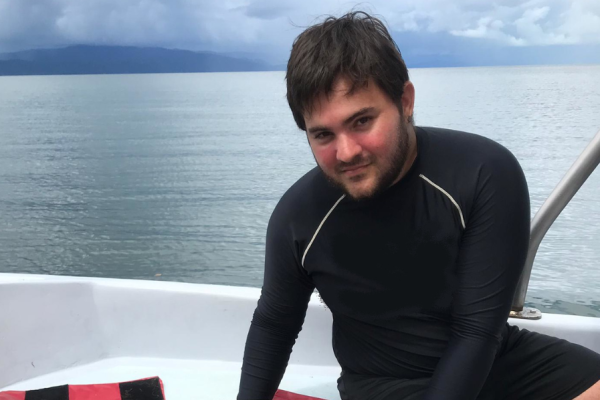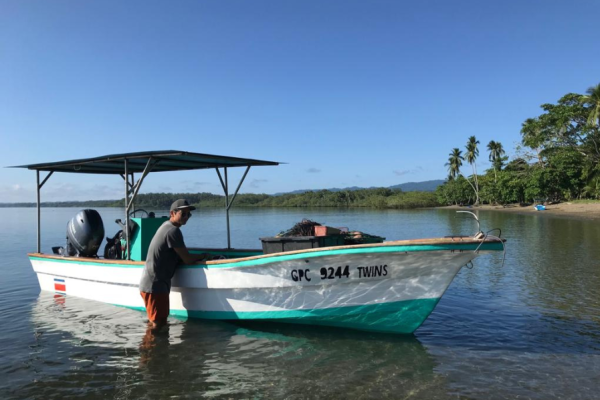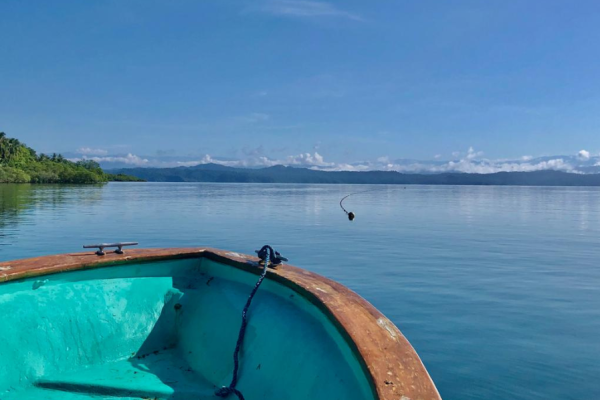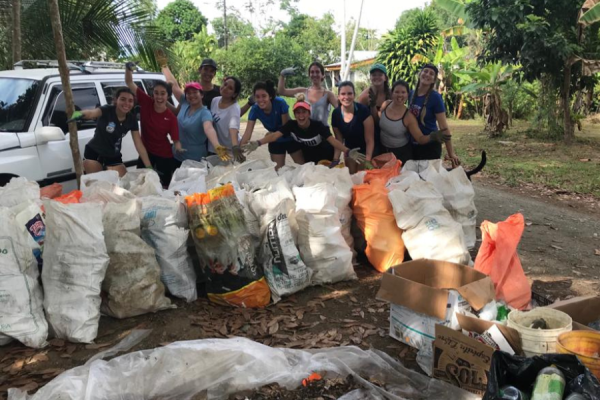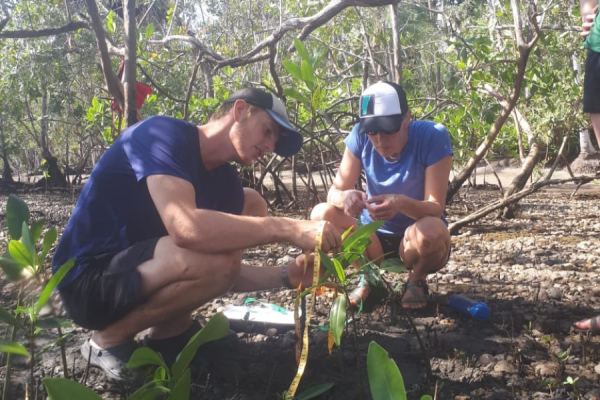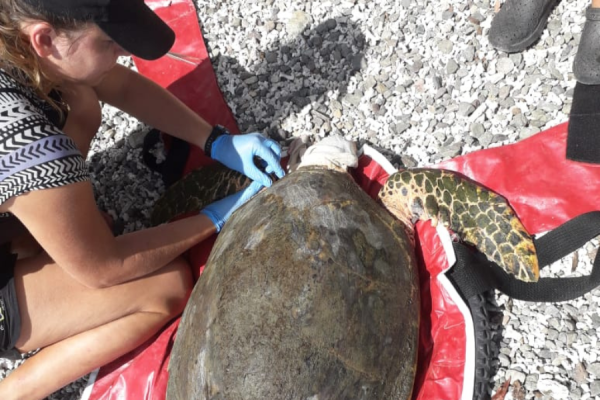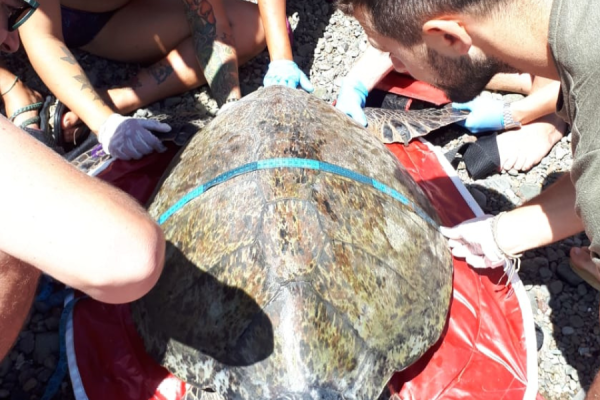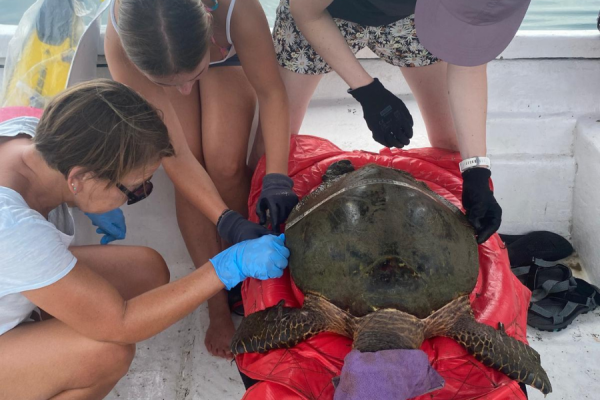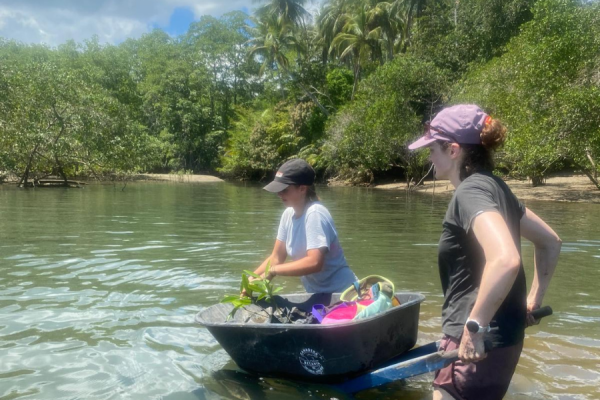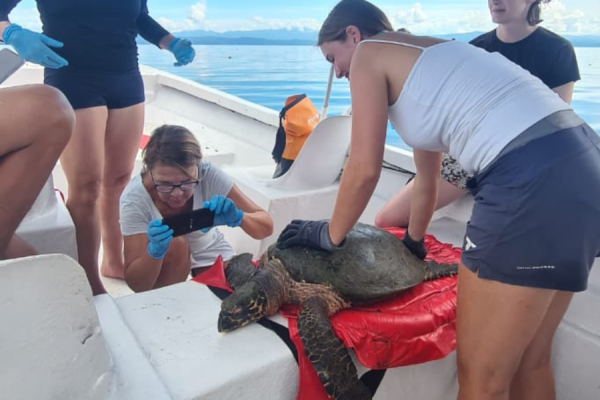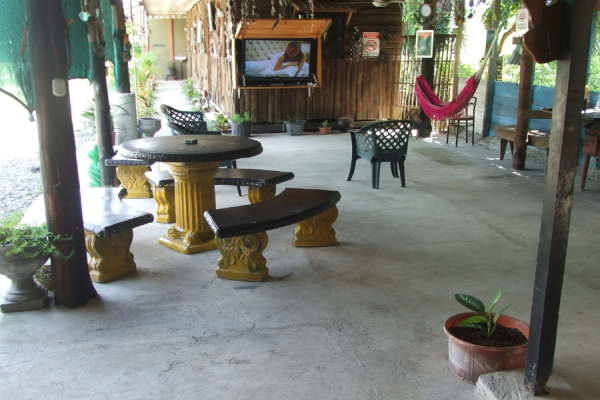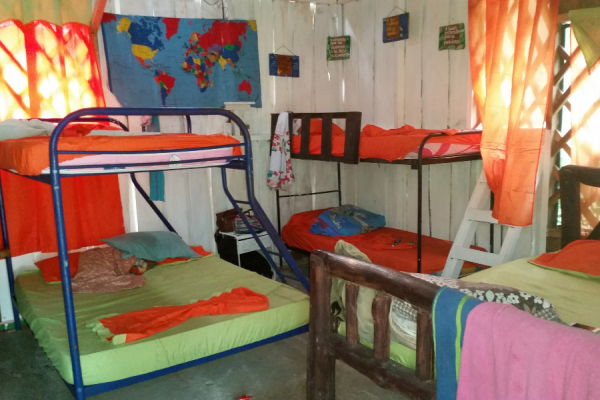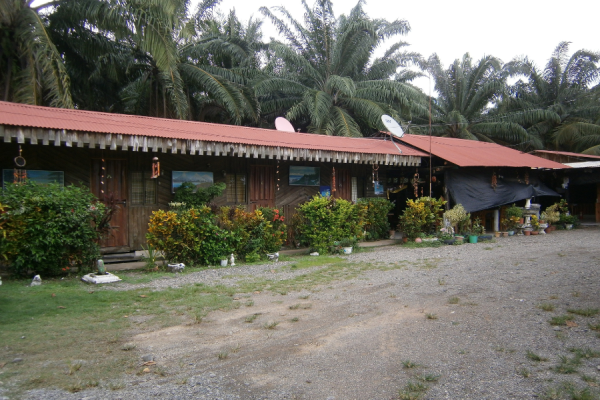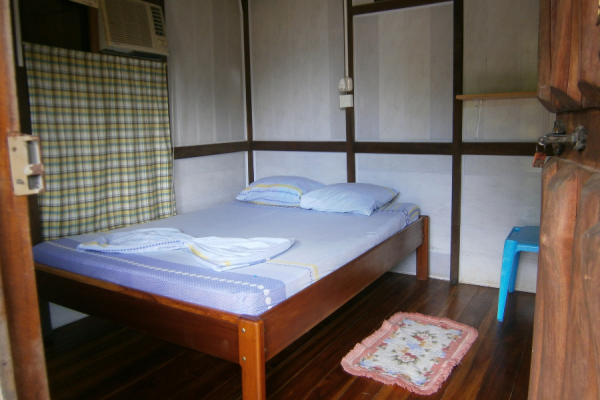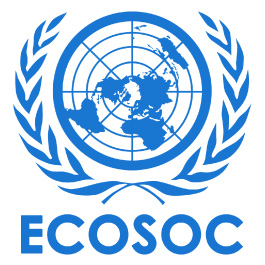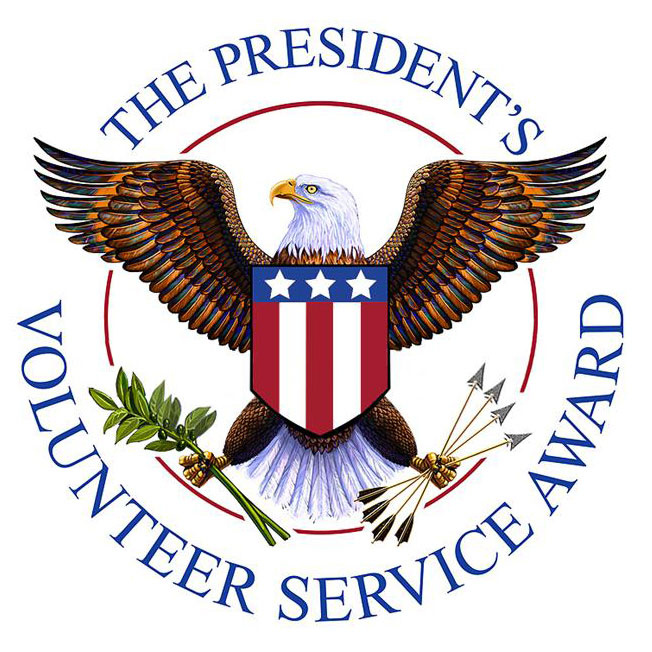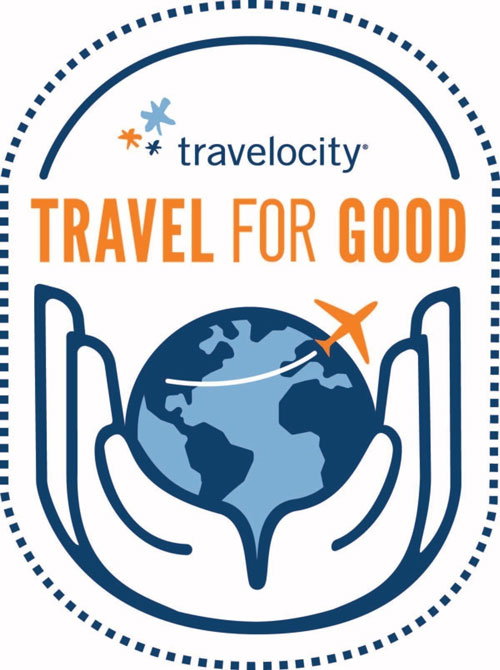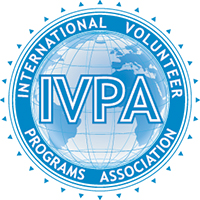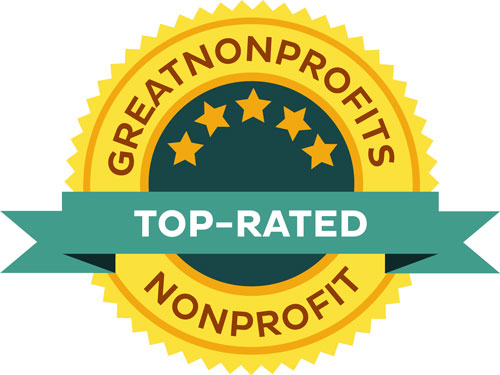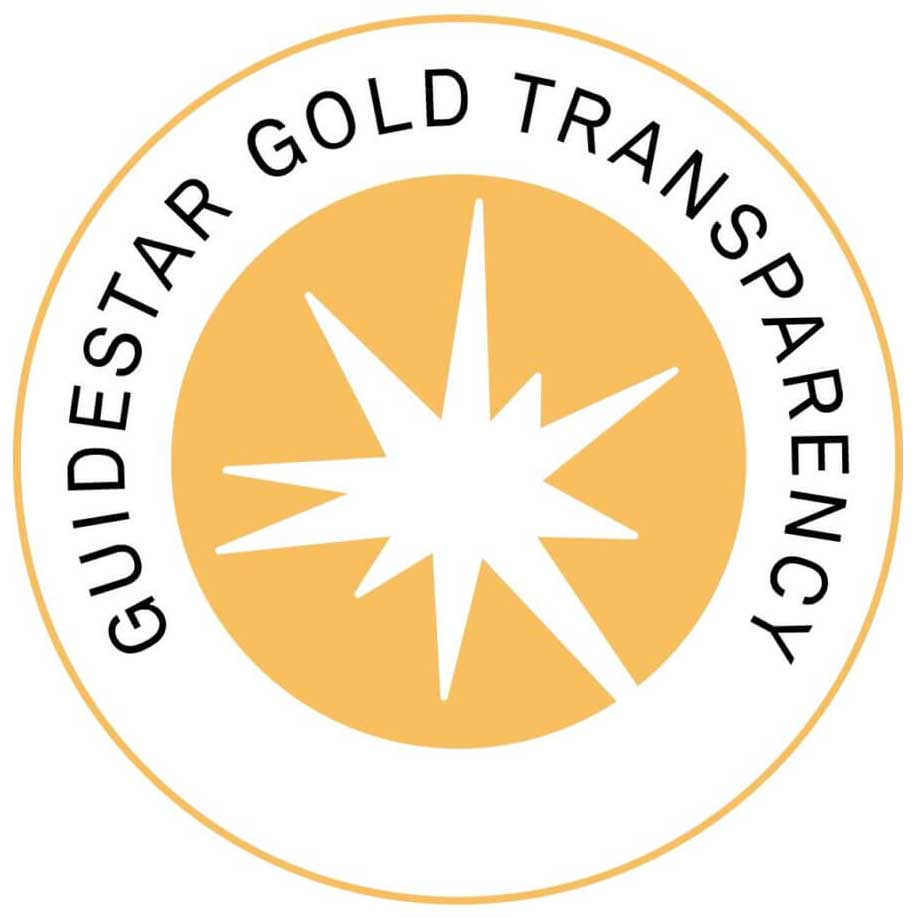Swimming ability is required, basic Spanish skills are a plus.
Costa Rica is known for its progressive environmental policies, being the only country to meet all five criteria established to measure environmental sustainability. Despite its small size, Costa Rica features greater biodiversity than Europe or North America. The tropical climate and geographical makeup include a range of habitats, from lowland rainforests to cloud forests to tropical lakes and rivers.
Playa Blanca and the surrounding communities are all small, rural villages with lots of tradition and rich culture. The socioeconomic situation and the remote location are not easy. The project is located in Playa Blanca, close to Puerto Jiménez on the Osa Peninsula in the southern Pacific province of Puntarenas, Costa Rica. The surrounding landscape of Playa Blanca is a lot of flat farmland. However, most of the Osa Peninsula is under some kind of protection. This is because this area is one of 25 biodiversity hotspots worldwide, with a vast variety of mammals, birds, amphibians, reptiles, and insects. The Golfo Dulce is one of the four tropical fiords worldwide, and hosts additionally a fascinating marine life – including sea turtles! In other words, you will be surrounded by a natural paradise!
WORK PROJECT
Volunteers will spend the week supporting scientists and research assistants in their fieldwork.
Volunteer work will usually run from 7:30 am-3:00 pm each day.
Globe Aware volunteers will collaborate with a grassroots organization established in 2010. This organization has formed a network comprising biologists, managers, community leaders, and educators from over 40 nations and territories. Their joint commitment is to achieve an integrated, regional capacity for the recovery and sustainable management of depleted sea turtle populations in the coastal regions of Costa Rica.
Presently, knowledge of local sea turtle populations is limited, especially concerning genetic origin, population structure, and in-water habitat usage. This scarcity of information necessitates further research. Currently, research efforts have primarily focused on adult female sea turtles, as they spend only 1% of their lives on nesting beaches. Consequently, there remains a significant lack of understanding about juvenile populations and adult sex ratios. To address knowledge gapledge and comprehensively assess the challenges faced by sea turtles, conducting additional in-water research is crucial to study their habitats throughout various life stages.
The main focus will be on two species: the Hawksbill sea turtle (Eretmochelys imbricata) and the Pacific Green sea turtle (Chelonia mydas), also known as the Black sea turtle. Both species are classified as threatened on the IUCN Red List, with the Pacific Green sea turtle listed as "Endangered" and the Hawksbill sea turtle as "Critically endangered." Urgent action is required to prevent their extinction, making every helping hand invaluable.
Monitoring and tagging efforts must continue to gain a better understanding of different size classes, their roles in coral reefs, different habitat uses, and health status. This will include different tasks in four different working areas.
In-Water Monitoring:
Foraging sea turtles are mainly found in shallow waters. By sampling the Golfo Dulce, it is possible to gain information on the demographic structure of the population, such as an abundance of immature turtles, male and non-breeding females, and their behavior. Volunteers may assist scientists and research assistants with collecting data.
Rescue and Rehabilitation Center:
Weak sea turtles are taken to the field rescue center at the project site. Volunteers may help with water changing, tank cleaning, restraining the turtle, and assisting with recording scientific data.
Mangrove Reforestation Program:
Mangroves play a very important role in the coastal ecosystems of the Golfo Dulce. Not only are they benefitting fishes, birds, invertebrates, and humans, but also sea turtles. Since the majority of the mangrove forests along the coast of Playa Blanca have been destroyed, a reforestation program was put into place to help restore some of the populations.
Volunteers may help with the collection of seeds and sowing, gathering mud, planting, or nursery maintenance.
Sea Grass Monitoring:
Seagrass beds are a crucial reason why we can find sea turtles in the Golfo Dulce. Not only do they provide food for the green turtles but they also provide ecosystem services that rank among the highest of all ecosystems on earth. Volunteers may assist with detailed research to help assess and monitor the seagrass.
Other Community Work Projects
Beach Clean-Up:
Volunteers may participate in regular beach clean-ups.
This project is open year-round since foraging Hawksbill and Pacific Green sea turtles are present in the Golfo Dulce during all seasons. The conservation project relies on both Costa Rican and international volunteers to help in the research and conservation work of the projects. Because of this, you may see volunteers from different sources in very different capacities. For example, you may see Australian volunteers stationed for 2 years headed up certain projects, and you may see Costa Rican high school kids coming for a day of clean-up work.
Please Note:
Location: The project is in a rural community. The surrounding communities are small and traditional, they may appear basic from what you are used to. You must be able to live in hot, humid conditions. Speaking basic Spanish is a plus.
Work: While no specific skills are needed, other than the ability to swim. You must be in good physical condition (preferably able to lift 50 lbs) and be able to work hard. Work continues, rain or shine. Methods like taking tissue or blood samples might appear rough and painful for the turtle. If you do not like to see blood or want to handle a turtle with the needed strength, please do not register for this program.
Working hours in marine conservation projects and schedules vary and can change according to the situation, available material, the weather, the tides, or even the turtles. Your exact schedule is coordinated by an on-site biologist and is normally done a couple of weeks in advance.
Expect to spend ample time under the sun, in the water, and immersed in mud during your activities.
FOOD AND LODGING
Please note that accommodation and food are basic and adapted to the local habits. This also includes the fact that not many local people speak English.
Volunteers have the option to choose a host family or stay at a cabin.
Host Family
Each of our host families offers cozy accommodations, along with three delectable traditional meals daily. We meticulously vet all families, ensuring their commitment to sea turtle conservation, recycling, water conservation, and other eco-friendly initiatives. While not all host families are fluent in English, this language barrier has never hindered the creation of unique and unforgettable memories during their stay.
Cabin
The cabin has three rooms which can house a maximum capacity of 5 people each, some with private and some with shared bathrooms. You will be located less than 1 km ( about a 10-minute walk) from the beach and are right by the main project site. Your meals will be flexible according to your dietary preferences, within the possibilities of your host.
SAMPLE COSTA RICA SEA TURTLE RESCUE ITINERARY
LEISURE ACTIVITIES
Enjoy the lush and tropical surroundings of your project site, and feel free to explore the local villages and fishing areas.
Cultural Activities Included:
- Cooking Lesson
- Crafts with local women's recycling coop
- Bird watching expedition
- Private workshops on sea turtles and ecology
Optional Leisure Activities ( with an additional payment):
- Chocolate Farm
- Kayaking
- Corcovado National Park
Kindly notify us in advance if you would like to include an optional leisure activity. This will allow your coordinator sufficient time to incorporate the activity into your schedule.
ARRANGING YOUR VOLUNTEER VACATION AIRFARE
You can fly into San Jose and take a 6-7 hour bus to Puerto Jimenez; however, we recommend that you take a domestic transfer flight from San Jose airport to Puerto Jimenez airport. Tickets are usually around $300.
Depending on your arrangements, a coordinator can meet with you at the airport for pick-up or at the bus stop.
Bus drop-off is usually around 5 am on Saturdays for departure. A taxi can also be arranged for airport drop-off at Puerto Jimenez airport ( 30 minutes away) and paid for locally for about $40
SAFETY AND SECURITY
While Costa Rica experiences everyday crime that is common to all big cities, the rest of the country (especially the Osa Peninsula), is much safer. Practice daily common sense, and do not leave valuables out in the open.
There are sand flies and mosquitoes in this area that are unpleasant.
Some mosquitoes may carry Dengue fever, so please don’t forget your repellent and anti-itch cream!
